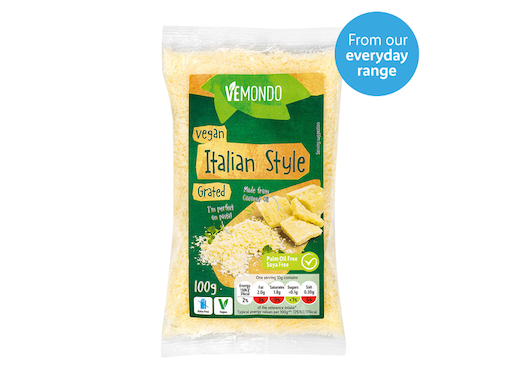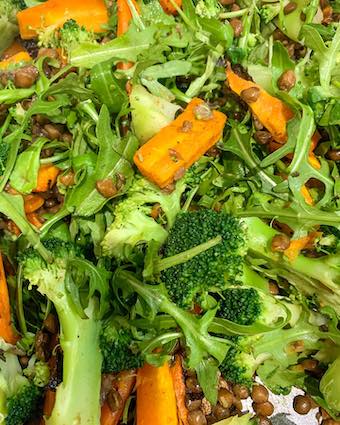Being a vegan can be incredibly hard when it comes to fast-food options. Don’t get me wrong, it is slowly getting better as more people in the UK embrace plant-based lifestyles and dietary restrictions. This change in society is causing fast-food giants like Mcdonald’s and Burger King to step up their game – luckily for us! If you’re dairy-free and meat-free and worried about finding satisfying options at the golden arches, fear not! I thought it would be helpful to put together this guide on being dairy free and meat free at Mcdonald’s.
What dairy and meat free options are there?
Plant-based burgers
The launch of the McPlant was a real game changer for Mcdonald’s. Gone are the days when you had no main burger option – yay for us!
Today you can enjoy the McPlant, crafted with a Beyond Meat plant-based patty. This yummy vegan burger boasts a medley of vegan sandwich sauce, ketchup, mustard, onions, pickles, fresh lettuce, ripe tomatoes, and a dairy-free cheese substitute, all nestled within a sesame seed bun.
I have tried the McPlant on many occasions and have really enjoyed it! It isn’t my favourite fast food burger but it definitely hits the spot!
The spicy veggie one
For a lighter option, McDonald’s offers the spicy veggie wrap, filled with tasty veggie dippers with spicy relish, crisp lettuce, red onion and tomato, all wrapped up in a soft, toasted tortilla wrap.
This wrap is vegan certified by the Vegetarian Society, making it the perfect choice for those seeking a quick, wholesome meat free bite.
I am not the biggest fan of this wrap, only for the fact that I am not keen on spicy wraps but it is good for those who like this kind of thing!
The vegetable deluxe
If you’re craving something different, the vegetable deluxe might be a good option for you. This burger consists of red pesto veggie goujons with sandwich sauce and shredded lettuce in a sesame topped bun. Also vegan certified, this burger isn’t too different from the wrap but at least it is in burger form!
The fries
The iconic Fries are vegan-friendly and are my absolute favourite bit about Mcdonald’s! I could honestly eat three large portions in one go and still crave more. Fluffy on the inside and crispy on the outside – they are so delicious and dairy and meat free!
Veggie dippers
The veggie dippers are another dairy and meat free option from Mcdonald’s. I am not a big fan of these really as I like to have proper meat substitutes but they are a good choice if you fancy a quick bite.
Breakfast options
When it comes to the Mcdonald’s breakfast options, they are very limited for those seeking dairy free and meat free options.
The hash browns are the only real vegan option on the breakfast menu – it’s a good job they are so delicious as I find it quite disappointing Mcdonald’s have not brought out a vegan breakfast alternative.
A top tip: order a muffin with jam without the jam and butter and then put your hash browns inside the muffin. You’ve just made your own hash brown muffin!
The drink options
There are a variety of dairy-free drink options. From Coke and Sprite to fruit juices and water, you should be able to find a drink for you.
In terms of hot drinks, it’s less inclusive. There are no milk alternatives available at Mcdonald’s so it’s either black coffee or a soft drink I am afraid.
Remember, as with any dietary restriction, it’s essential to communicate this when ordering at McDonald’s. It can be a challenge sometimes to order dairy free and meat free options in fast food chains but as time evolves and menus expand, it is slowly becoming easier.
I hope this guide has helped you understand the dairy free and meat free options available at Mcdonald’s. The menu isn’t massive for us but we are slowly getting there.
Check out my other blogs such as my can vegans eat pasta and an informative piece on what alcohol is vegan!







